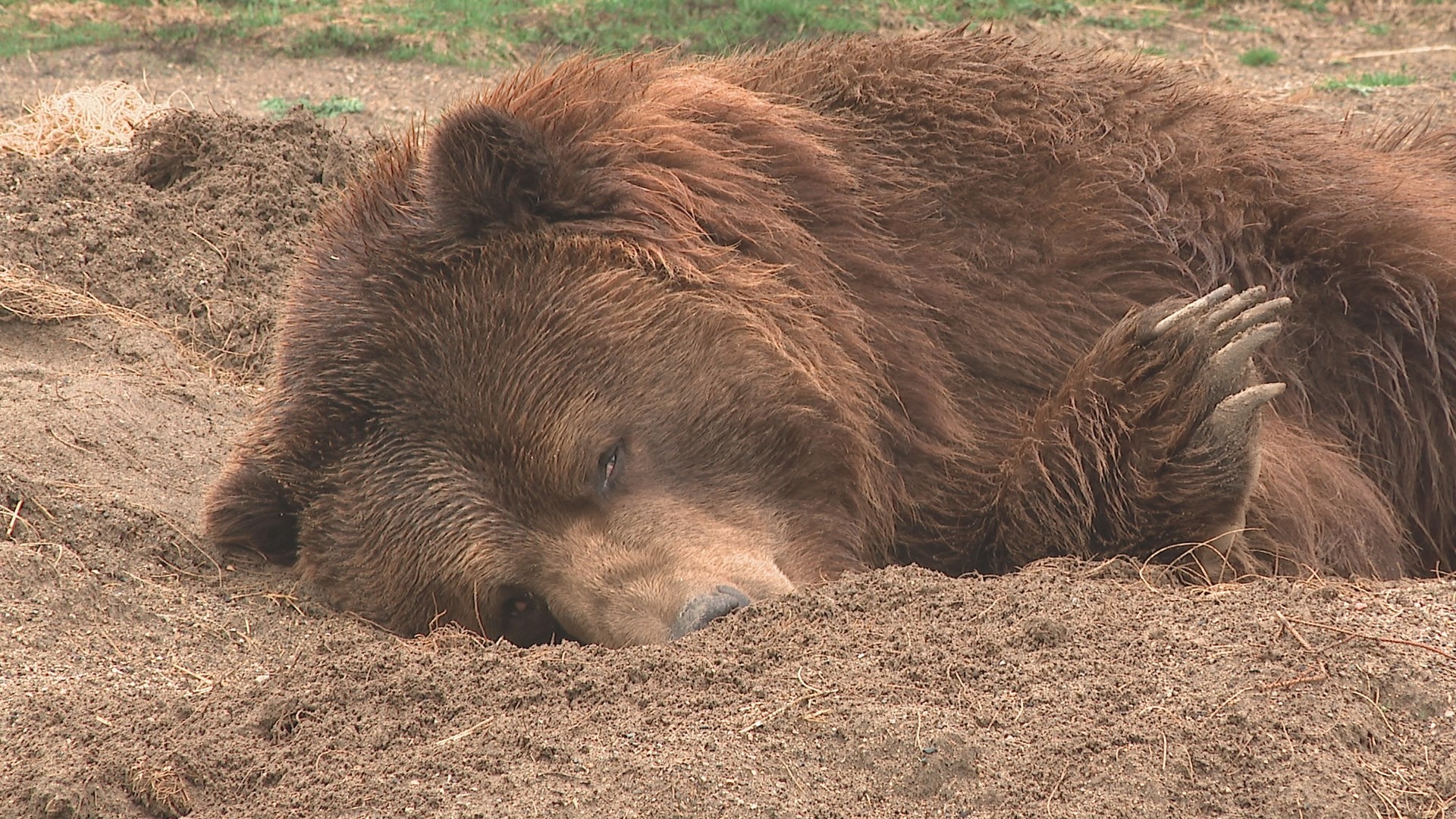COLUMBUS, Ohio — The Columbus Zoo will be in the path of totality when the solar eclipse crosses over Ohio, and zookeepers want to know how the animals will react.
On April 8, they will have a little under two minutes to find out.
Staff from the zoo’s Wellbeing Program and researchers from The Ohio State University will be stationed at habitats across the zoo to conduct a first-of-its-kind study to observe the animals.
The zoo has selected specific animals to study including the red panda, bears and manatees, but they are most excited to see how the ostriches will react to the celestial event.
“This is going to allow us to dive into the behaviors of many of the animals before during and two months after the eclipse to see if we can pull out, are there behavioral changes? Did the eclipse have an impact on the animals?” said Adam Felts, senior curator of animal care and Director of Wellbeing at the Columbus Zoo.
This will be the first total solar eclipse in Ohio since 1806, so there is not a lot of data to show what the animals will do.
“We want to see these animals that really live on daylight. Will they think it is dark and will they go into nesting, or go to sleep, or be stressed out? We don’t know,” Felts said.
Zookeepers said animals do not tend to look directly at the sun, and they won’t need any special eclipse glasses, like humans.
Neither will your pets at home.
The biggest concern for pet owners, will be the excitement around the event, according to Dr. M. Leanne Lilly, a veterinary behaviorist at Ohio State.
“It is a little bit like the Fourth of July or Labor Day when everybody is outside, everybody is doing things, there is lots of extra activity and it's not something your pet is concerned about. It is going to be concerning during that time as well,” Lilly said.
Otherwise, Lilly said it will be safe to keep animals on their normal routines, or let them outside - even if it is dark outside.
“That depends what everyone around you is doing,” she said. “From a simple standpoint of light, dark, yes, it will be safe for them to be outside. It doesn’t get so dark that they can’t see just like we can see, and their night time vision if they are a dog, is as good as ours. If they are a cat, it is better than ours.”
Whether they are at the zoo, or in your backyard, the eclipse could cause some confusion and make animals want to get ready for night time.
“If they want to go to bed, let's let them nap they don't need to be awake to see it,” Dr. Lilly said.
The Columbus Zoo is hosting a Solar-bration on the day of the eclipse where people can watch the phenomenon.

